In the world of blockchain and cryptocurrencies, the Ethereum network holds a prominent position. Whether you’re a developer, investor, or enthusiast, understanding how to effectively connect to the Ethereum network using public nodes is crucial. This article will guide you through the process, providing insights and tips to ensure a seamless experience.
The Ethereum network, known for its smart contract capabilities, decentralized applications (DApps), and vibrant community, relies on nodes to function effectively. Nodes are essentially the building blocks of the Ethereum network, facilitating data storage, transaction validation, and overall network integrity. While users can choose to run their own nodes, utilizing public nodes offers distinct advantages.
What are Public Nodes?

Public nodes are Ethereum nodes operated by third-party providers. These providers maintain nodes accessible to the public, allowing users to connect without the need to host their own node. Public nodes enable seamless interaction with the Ethereum network and are crucial for various activities, including sending transactions, querying blockchain data, and executing smart contracts.
Why Use Public Nodes for Ethereum?
Utilizing public nodes presents several benefits, making them an attractive option for users seeking reliable access to the Ethereum network. Public nodes eliminate the need for extensive technical knowledge and infrastructure setup, making it easier for both beginners and experienced users to connect swiftly.
Benefits of Utilizing Public Nodes
- Ease of Use: Public nodes simplify the process of connecting to the Ethereum network, particularly for users without in-depth technical expertise.
- Cost-Efficiency: Running a personal Ethereum node can be resource-intensive. Public nodes save costs associated with hardware, maintenance, and network bandwidth.
- Quick Setup: With public nodes, you can start interacting with the Ethereum network almost instantly, without waiting for your own node to sync.
- Reliability: Public node providers ensure consistent uptime and maintenance, offering reliable access to the Ethereum network.
- Network Insights: Public nodes provide valuable insights into the Ethereum ecosystem, including real-time transaction data and network statistics.
- Choosing the Right Public Node Provider
Selecting a reputable public node provider is crucial for a smooth Ethereum experience. Consider factors such as provider reputation, uptime, supported features, and customer support. Research and read user reviews before making a decision.
Setting Up Your Ethereum Node

To connect to a public node, you’ll need an Ethereum wallet or a DApp browser. These tools allow you to send transactions, interact with smart contracts, and explore the blockchain. Choose a user-friendly wallet or browser that supports public node connections.
Interacting with the Ethereum Network
Once connected to a public node, you can perform various actions on the Ethereum network. These include sending Ether, checking transaction statuses, querying blockchain data, and participating in DeFi protocols.
Enhancing Security Measures
While public nodes offer convenience, it’s important to prioritize security. Use reputable wallets and browsers to connect to nodes securely. Additionally, consider hardware wallets for an extra layer of protection.
Managing Network Congestion
Ethereum’s popularity sometimes leads to network congestion and increased transaction fees. Monitor network conditions and choose optimal times for executing transactions to minimize costs.
Optimizing Node Performance
Public nodes vary in performance based on their providers. If you encounter slow response times, consider switching to a different node provider to improve your interaction speed.
Ensuring Consistent Connectivity
Maintaining a stable internet connection is essential for uninterrupted interaction with the Ethereum network. A reliable connection minimizes the risk of transaction failures and other connectivity issues.
Monitoring and Maintenance
Stay informed about updates and maintenance schedules provided by your chosen public node provider. Regularly check for announcements to ensure your node connection remains optimal.
Exploring Alternative Node Options
While public nodes are convenient, more experienced users might consider running their own Ethereum nodes for increased control and customization. Running a personal node, however, requires technical knowledge and adequate resources.
Staying Updated with Ethereum Upgrades
The Ethereum network undergoes upgrades to improve scalability, security, and functionality. Stay informed about these upgrades to ensure your chosen public node remains compatible and up-to-date.



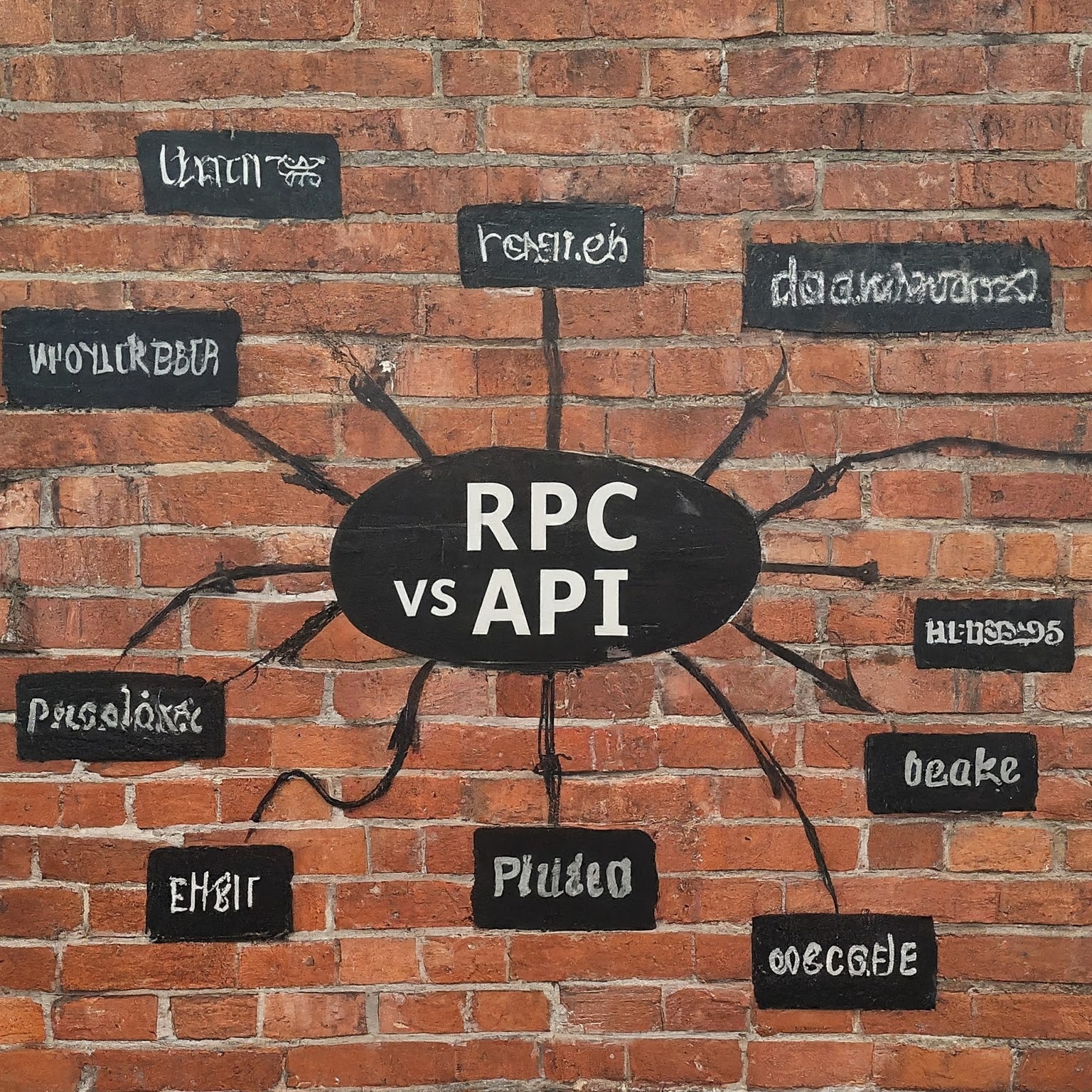
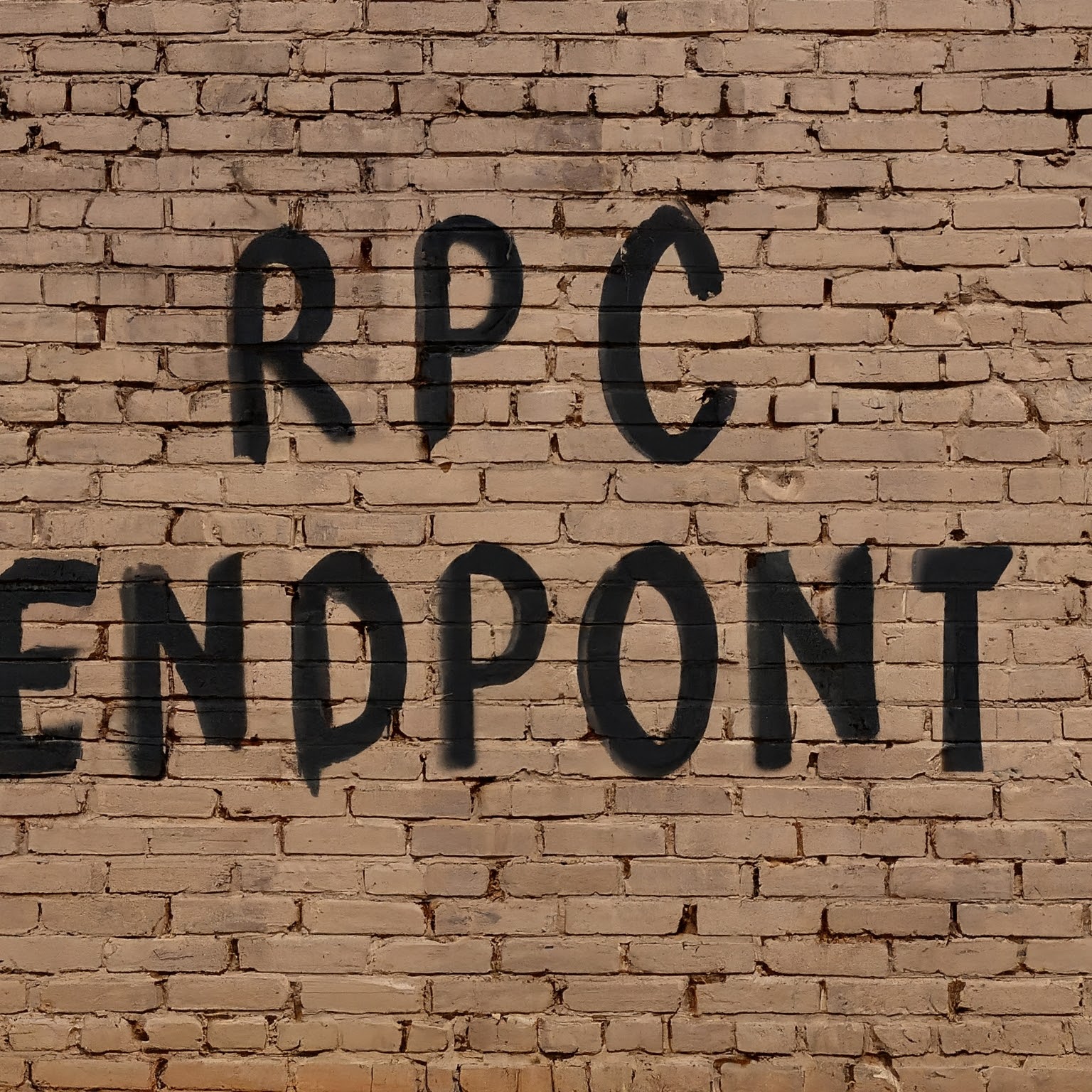
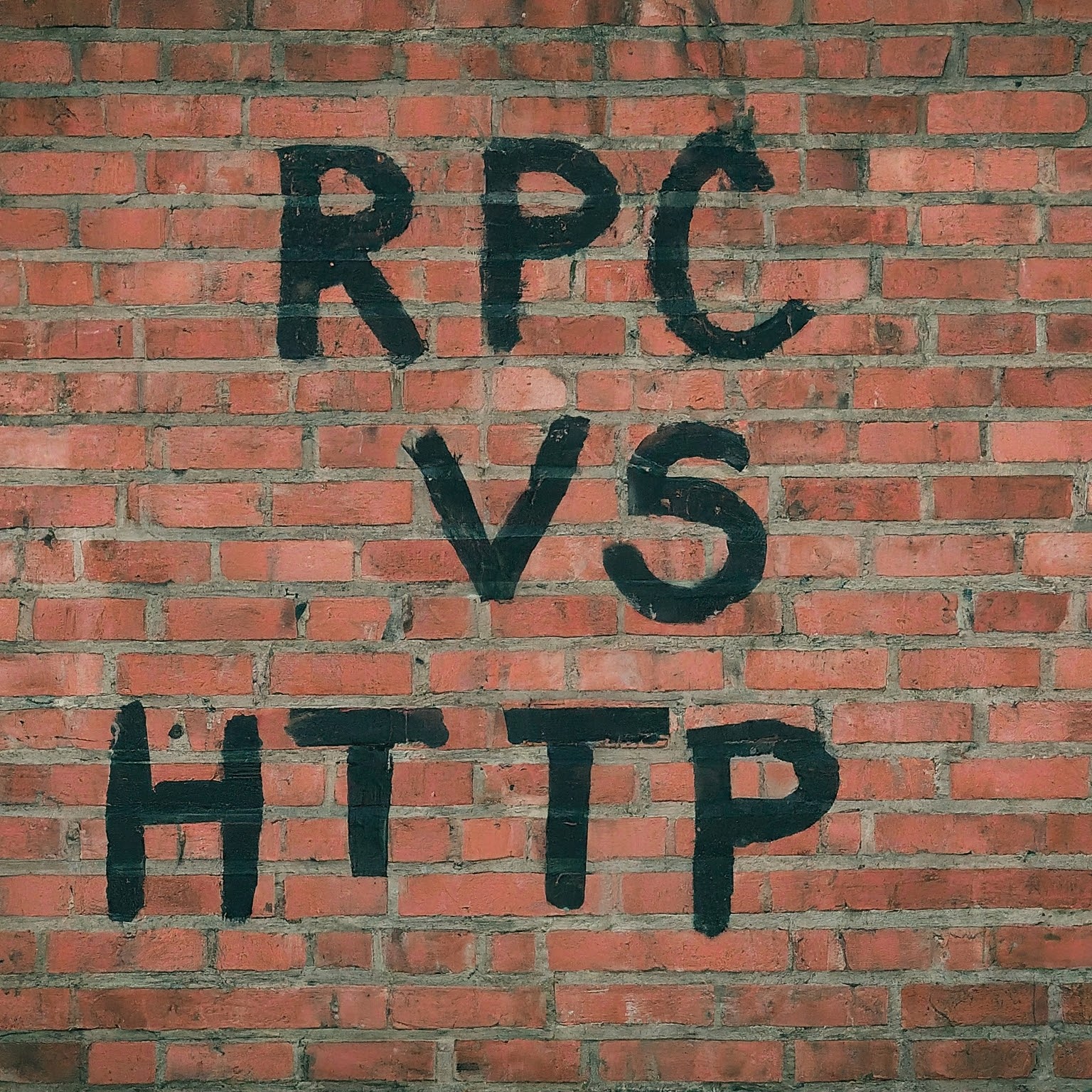


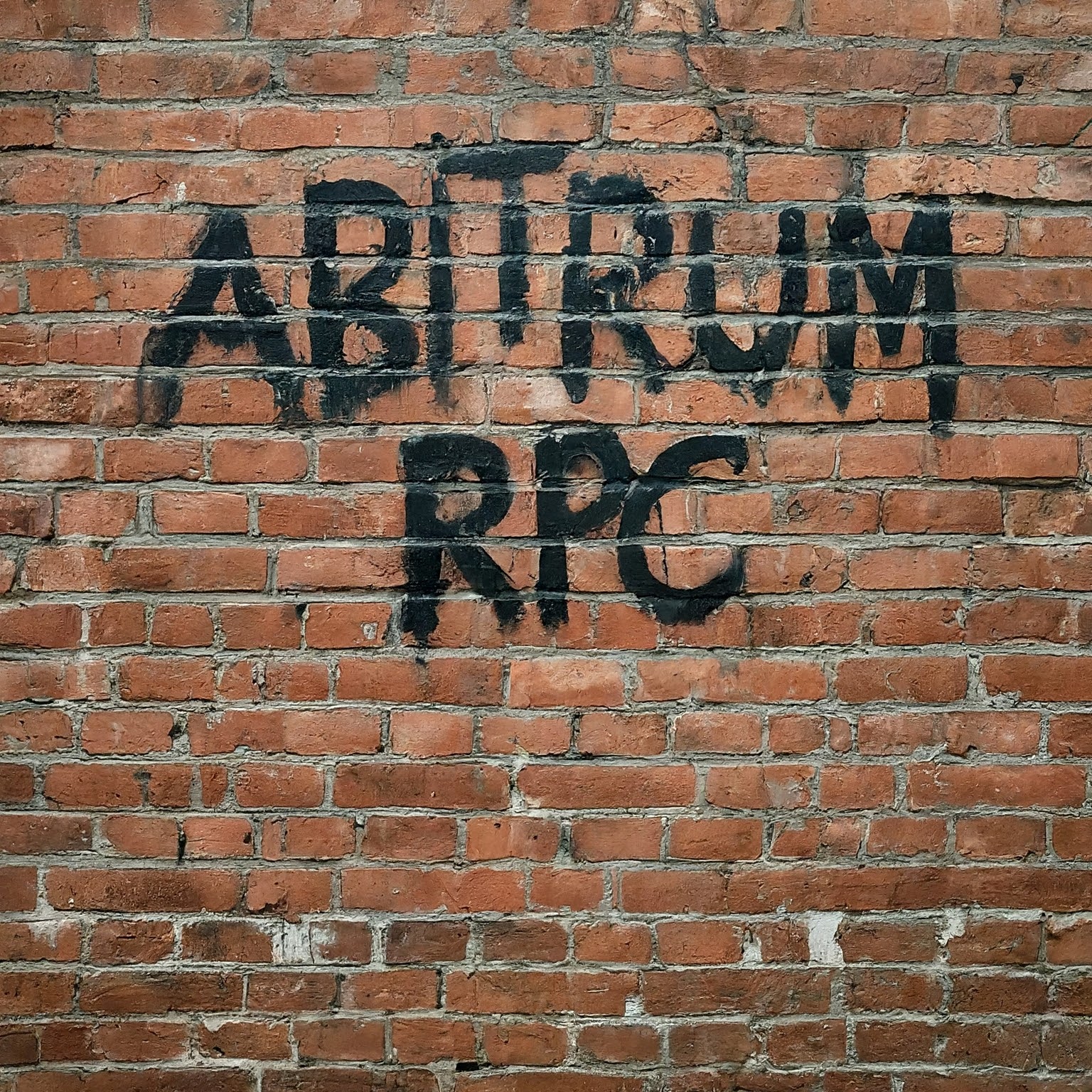

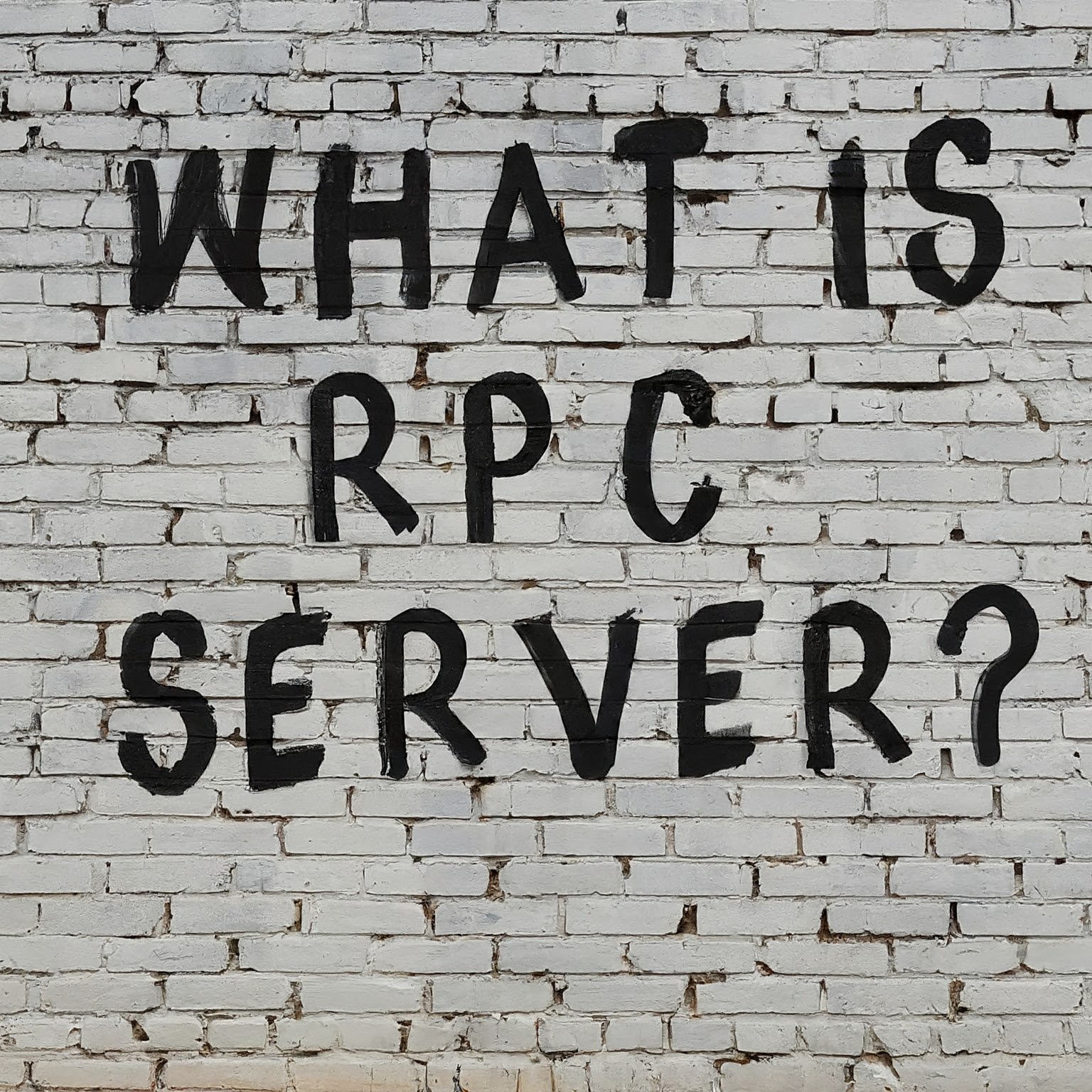
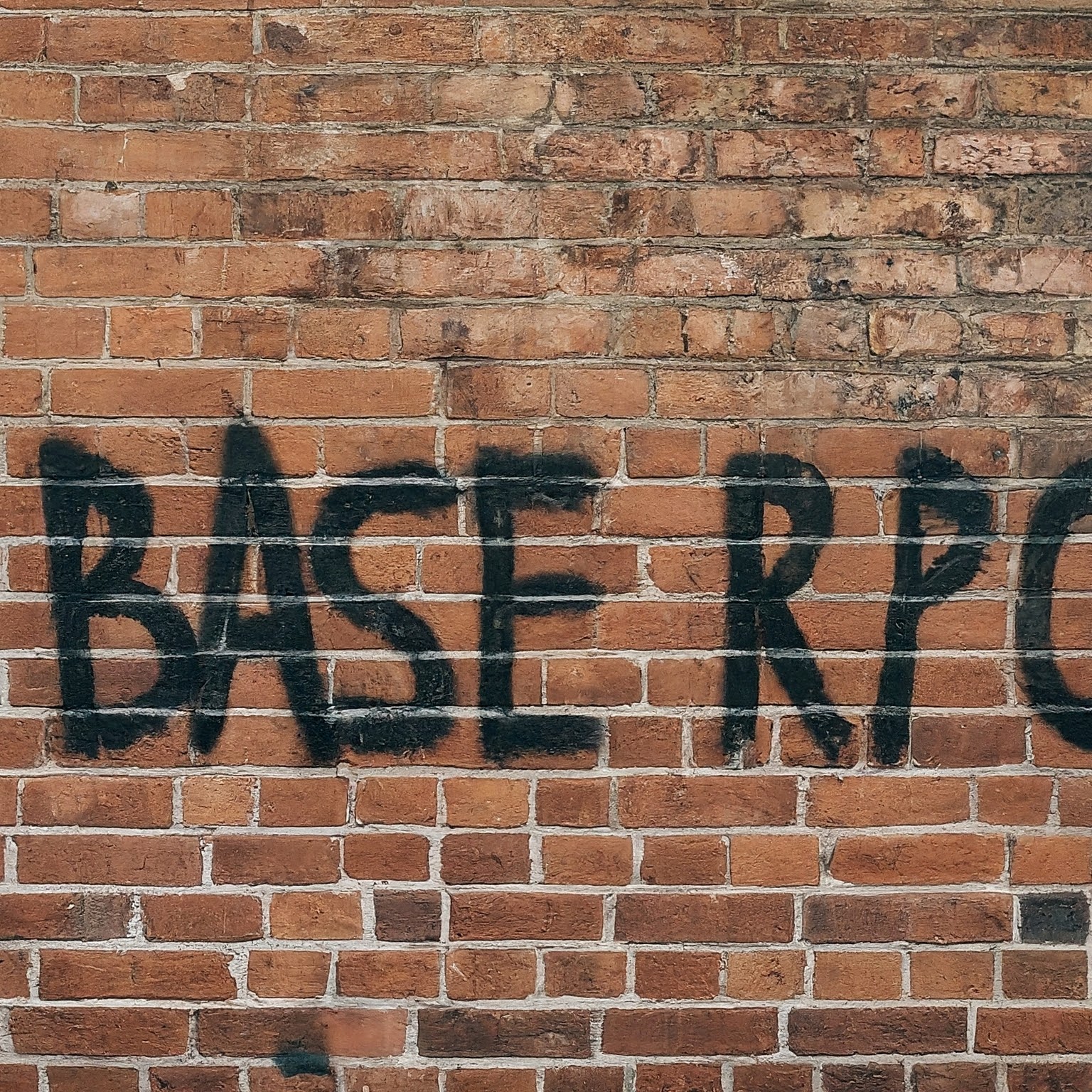
Leave a Reply
You must be logged in to post a comment.